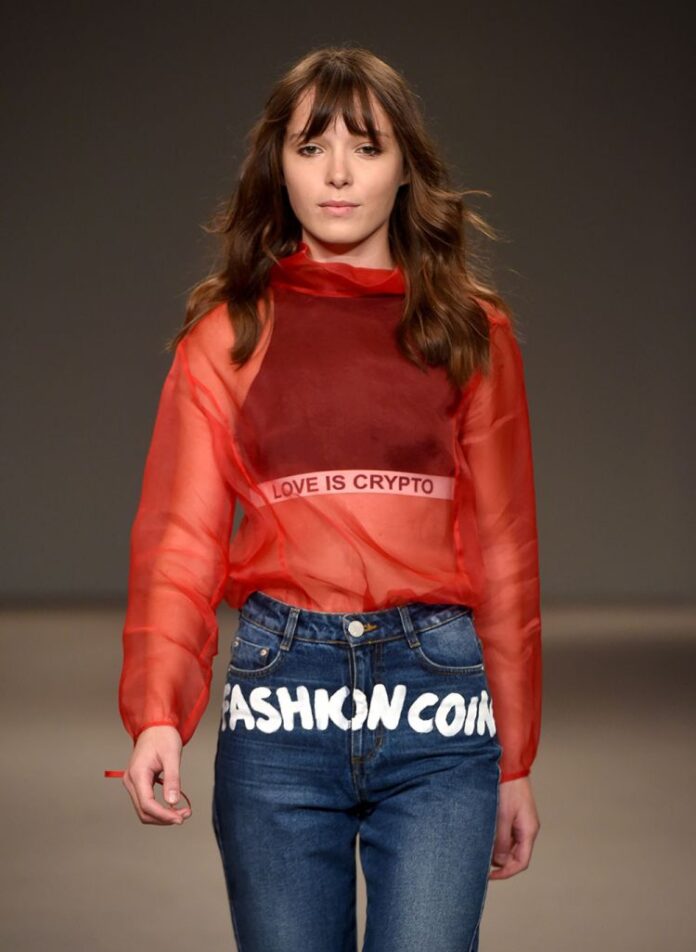Kazbek Bektursunov founded Kiev Fashion Week, now one of the leading events across the world. Already a major player in the fashion industry, running the global fashion conglomerate LMG with showrooms in Paris and with global customers, Bektursunov wants to revolutionize the fashion industry using the transformational influence of blockchain technology.
On the same day in Belarus, president of the Republic of Belarus, Alexander Lukashenko, published his Decree Number 8. This decree, comencing 1st April, is a game-changer for the region. Bektursunov explains “ with Decree Number 8, Belarus jumps ahead of the region. It says cryptocurrencies, ICOs and tokens are legal. It allows for zero commission when converting cryptocurrency into fiat. There is no income tax or VAT to be applied”.
“Anyone wishing to trade or set up an ICO in Belarus only has to set up a company in the country and employ local people. And after that pay reasonable taxes on any profits. We need something similar here in Ukraine as a matter of some urgency.”
“It’s only a five-hour drive but the two countries could not be more different.” he says. “We are a much more Westernised country in terms of culture, business, and fashion. But they have taken the lead in adopting and liberalizing the country for blockchain and cryptocurrencies.”
Bektursunov points to the success of the Taler. The two men behind the coin, Denis Lavnievich and Sergey Lavrinenko, set it up as a crypto-coin to be used in conjunction with the Belarussian ruble. It has already grown in value since its launch in September by 400% and the Central Bank of Belarus, rather than frowning upon the coin, treats the two men as national heroes.
“Our government needs to move fast if we are not to be overtaken by Belarus,” says Bektursunov.

Bektursunov believes the world will fall into two hard camps over cryptocurrency. For example the US’s SEC hard line against ICOs, and China’s ban on trading instantly catapulting Japan into the leading crypto country in the region.
“Offshore is not as good as local” he says. “Gibraltar offers liberalization but I want to operate from a real place. If the Ukraine does not step up, then it could be either Belarus or Estonia.”
The Blockchain Fashion Week shows his desire to marry a real business with new technology. “Fashion accounts for some $6 trillion of business. Currently, the big brands control the industry. I have nothing against big brands but it is hard to imagine a young Coco Chanel breaking through today.
“The Fashion Blockchain ecosystem offers the chance to link up designers with their customers, providing a true peer-to-peer network. This reduces costs for customers and rewards talent in terms of reach and monetary outcomes”.
“Production of a garment typically accounts for 10% of the cost but the final outlet can mark it up by as much as 600%, then you can see the small, talented designer cannot reach his or her public and ultimately is not rewarded properly. There are huge benefits to everyone in a decentralized environment.”
The idea of the Fashion Coin came from an up-and-coming designer, Anna Karenina, already famous for her youthful brand, Anna K, and featured in Forbes as one under 30 to watch. Karenina has already put her collection on the blockchain and spoke at the FashionTech Festival in Paris about how the peer-to-peer network p2p will change the paradigm of the fashion industry.
Karenina wants a relationship between the creator of the product and the consumer, to provide greater choice in finishes and colors, for example, so the buyer has a greater input into the final garment.
Bektursunov is confident blockchain can change the fashion industry positively. “In time, we shall see the Fashion Coin used to pay models, purchase garments, and pay production staff.”
“This is a real industry, not a startup. We do not want to echo the 2017 ICOs where money was raised without product or industry backing. We will build this either through self-funding or in the real fashion community. With Anna’s vision and our existing infrastructure we want to build a sustainable platform that will benefit the fashion industry and all its stakeholders. This is not a get-rich-quick ploy but a long-term transformational opportunity.”
















